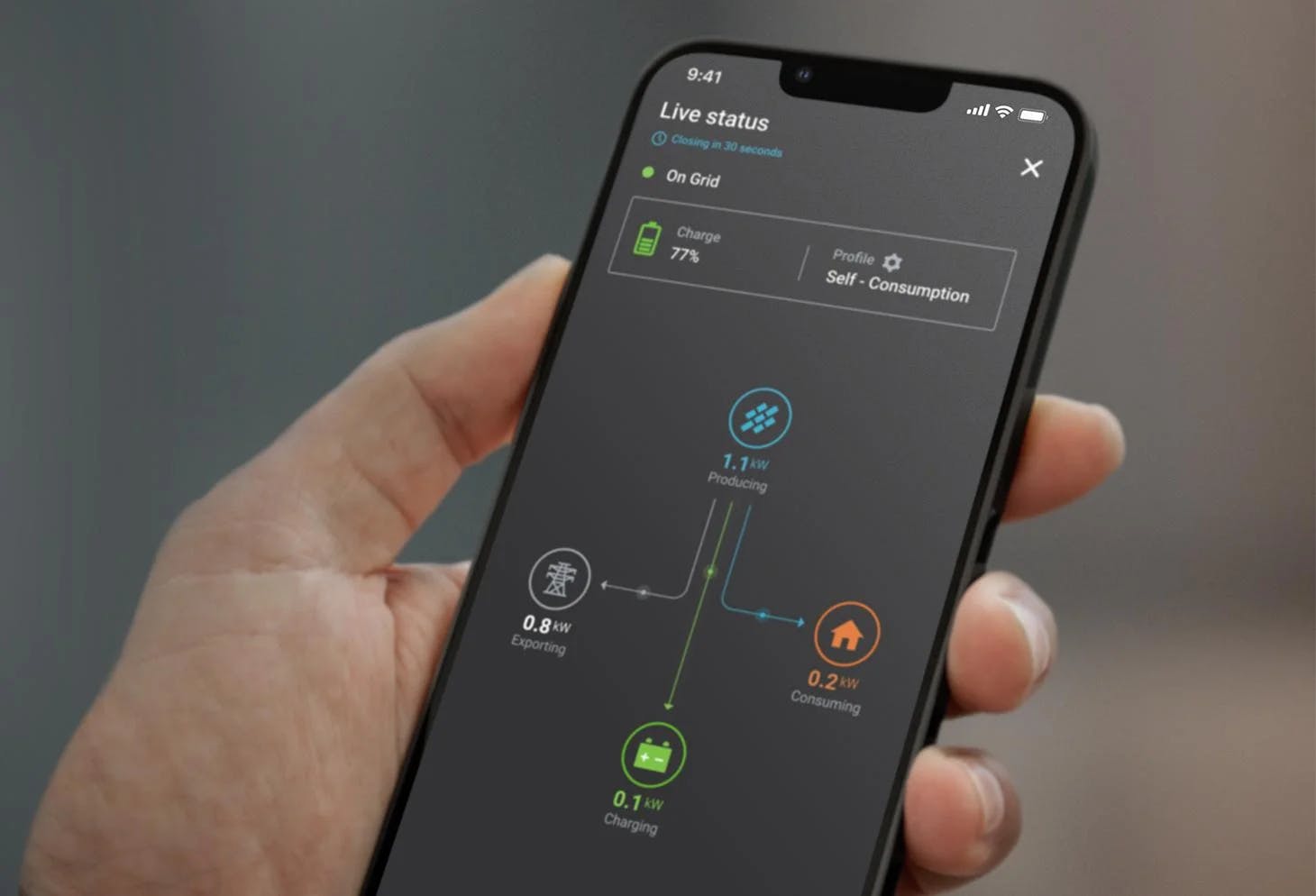Solar Equipment
A residential solar system is a great way to reduce your energy costs and help the environment.

Solar Panels
Solar panels are the most important part of a residential solar system. They are made up of photovoltaic cells that convert sunlight into electricity. The panels are typically mounted on the roof and must be angled correctly to capture the most sunlight. Solar panels are typically made of silicon, which is a durable material that can withstand extreme temperatures.
Solar Inverters
Solar inverters are devices that convert the direct current (DC) electricity generated by the solar panels into alternating current (AC) electricity, which can then be used to power your home. Solar inverters are available in a variety of sizes and capabilities to match the system size and power needs. Enphase inverters are some of the most popular choices for residential solar systems, as they are efficient, reliable, and easy to install and monitor.
Battery Backups
While a battery backup system is not always necessary for a residential solar system, it can be useful for providing an additional layer of security in case of a power outage. Batteries are typically installed in a separate unit on the ground and can be used to store energy generated by the solar panels. This energy can then be used to provide power to your home in the event of a power outage.
Monitoring Software
Monitoring software is an essential part of any residential solar system. This software allows you to monitor the performance of your system, track energy production, and make sure that your system is working as efficiently as possible. Enphase monitoring software is designed to be easy to use and provides detailed information about your solar system's performance.
Understanding Solar Components
By understanding the components of the system and how they work together, you can make sure that your system is running optimally and provide yourself with a secure source of energy.



